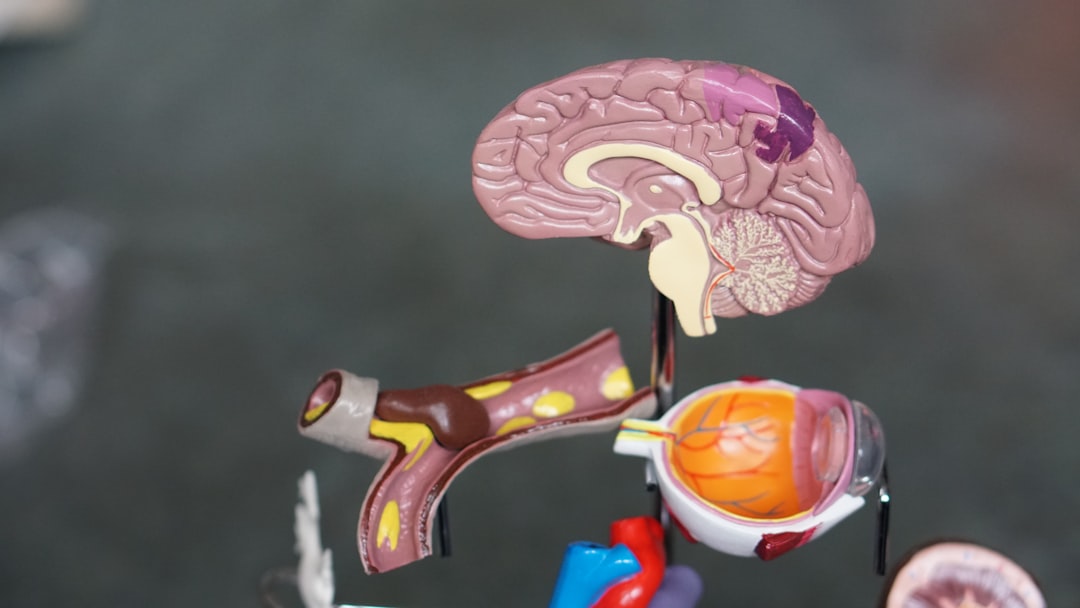What is it about?
Achieving a highly-focussed state of flow during music-making can increase performance and creativity and is associated with greater wellbeing. Genetics, personality and environmental factors can affect peoples' likelihood of experiencing flow. We found that musicians with a higher tendency to experience anxiety were much less prone to flow states and people with high emotional intelligence were much more likely to get into the flow.
Featured Image

Photo by Danny Howe on Unsplash
Why is it important?
Musicians are plagued by anxiety at an exceptionally high rate. Understanding the links between anxiety and flow may aid the development of interventions, either improving flow proneness to lessen the impact of anxiety or reducing anxiety to improve flow experiences and thus increase performance and wellbeing. Furthermore, flow research most frequently uses classical musicians and therefore we focused solely on contemporary musicians to alleviate this disparity and corroborated previous findings in this group.
Perspectives
Having worked with contemporary musicians for close to a decade, it was a pleasure to be able to gather a large sample for our research which has contributed to the growing and exciting field of flow. I have always believed flow to be a gift everyone should have the opportunity to experience and I hope our findings will lead to developments in flow interventions.
Amy Rakei
Read the Original
This page is a summary of: Flow in contemporary musicians: Individual differences in flow proneness, anxiety, and emotional intelligence, PLoS ONE, March 2022, PLOS,
DOI: 10.1371/journal.pone.0265936.
You can read the full text:
Contributors
The following have contributed to this page










